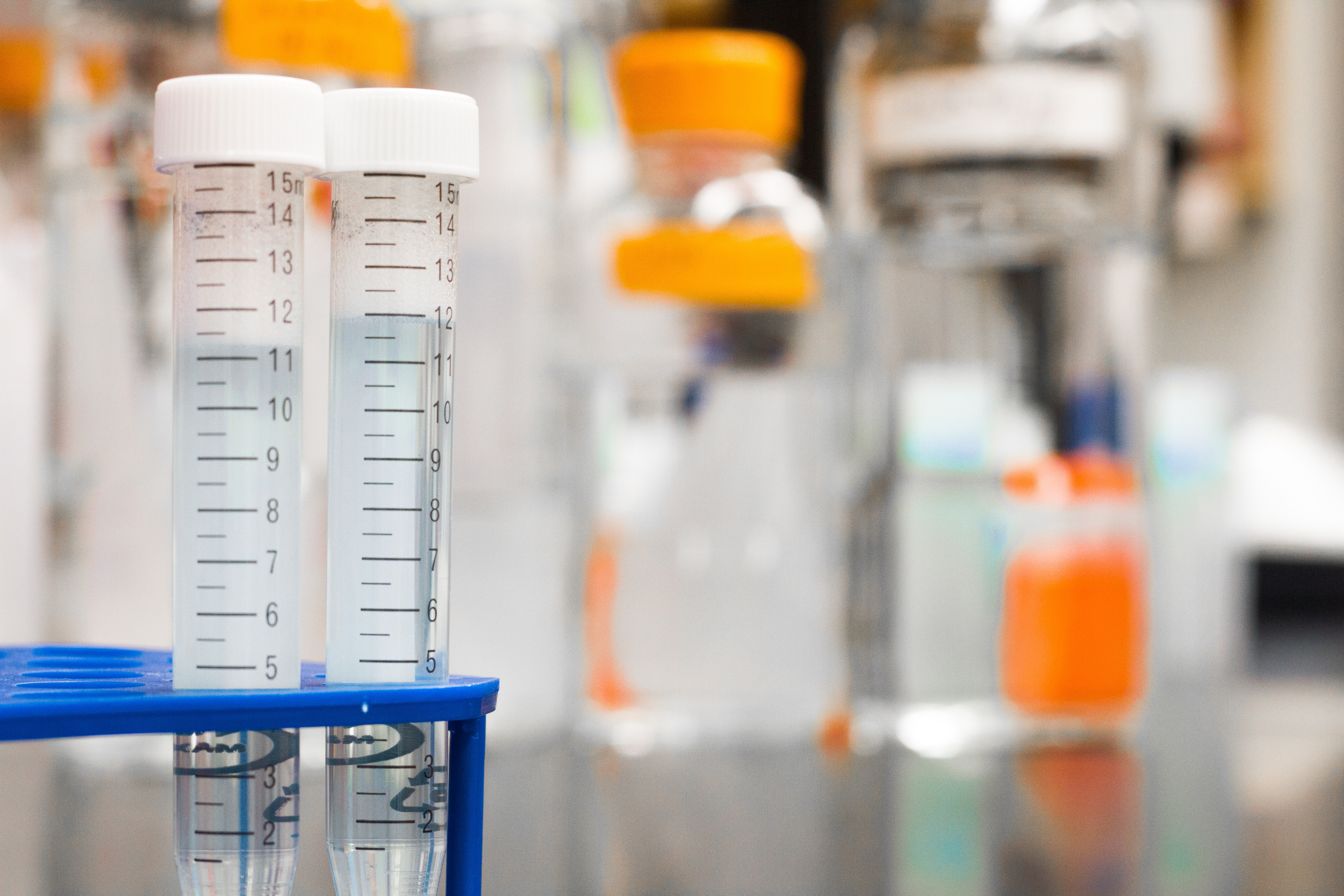
Principal Investigator: Francis Mhimbira
Project leader/ Coordinator: Lilian Minja
Project Administrator: Priscilla Mlay
Funding Partner:
Start date: June 1, 2017
End date: June 30, 2022

"PanACEA, a drug development programme to shorten and simplify treatment of tuberculosis
PanACEA, a consortium funded previously by EDCTP 1 has managed an extensive drug development portfolio, delivering 6 clinical trials. We propose to continue and expand the programme to accelerate the development of new anti-tuberculosis drug regimens. We take full advantage of innovative trial design, new microbiological markers of treatment response, pharmacokinetic-pharmacodynamic analyses and novel modelling techniques developed previously.
Our objectives are to complete the optimisation to existing drugs and to evaluate two new novel agents, we will go further by testing combinations regimens that will shorten and simplify treatment for both drug sensitive and drug-resistant tuberculosis.
Trials will be conducted at 11 sites throughout sub Saharan Africa, empowering African scientist in all aspects of an integrated and comprehensive programme for drug development. We will expand our capacity development programme to strengthen African Clinical trial sites and research capacity and to strengthen and transfer African scientific leadership.
Our key objectives are:
1) To optimise the dose of rifampicin by continuation of our maximum tolerated dose study of rifampicin using our established methodology. So far we have evaluated doses up to 40 mg/kg rifampicin A group of 15 patients will now receive 50 mg/kg rifampicin and safety, tolerability, pharmacokinetics and extended early bactericidal activity will be assessed.
2) To assess the safety and efficacy: Q203 which is immediately ready for phase II clinical evaluation and BTZ043 which is expected to enter the clinical phase later in the programme. We will evaluate these compounds with novel mechanisms of activity through an innovative phase study design, ‘14+14’ phase IIA SMART (Sequential, Multiple Assignment, Randomized Trial.
3) To evaluate several combinations of the optimal doses of rifampicin, Q203 and an optimised dose of Pyrazinamide of 40 mg/kg complemented by isoniazid and ethambutol, in a six-arm study using the novel STEP design (the Phase IIC selection Trial with Extended Post-treatment follow up.
This closes the gap between Phase II and Phase III studies, and by a Bayesian framework analysis a relapse data, will predict the success rate of the new regimens in a future phaseIII study. An arm containing Q203 together with a novel backbone will be contained which has potential to be a universal regimen for drug sensitive with sound prediction data for a successful phase III evaluation, and advance BTZ043 into phase IIB. Our innovative will be de-risk future investment and accelerate drug development by several years#.
